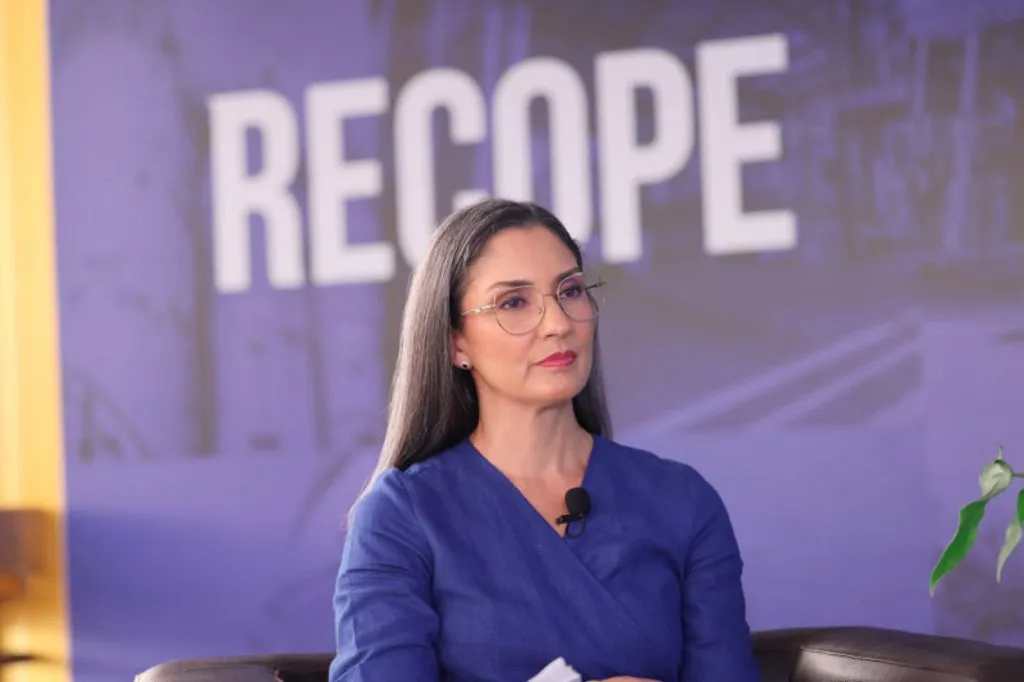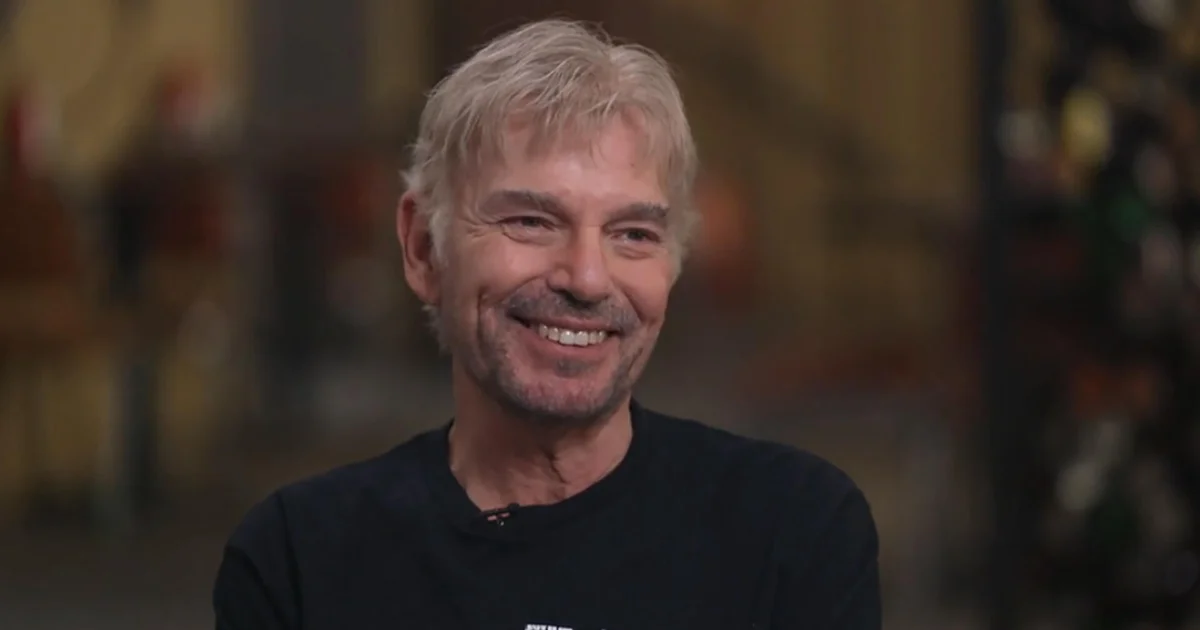Copyright qcostarica

The Refinadora Costarricense de Petróleo (Recope) – Costa Rica’s refinery that refines nothing, the institution that has held a fuel monopoly since its founding in 1961, is at the center of a debate that has dragged on for years, with some sectors suggesting its closure while others defend it. This debate has intensified since refining ceased in 2011. Recope’s role has been consistently questioned by various groups; however, its CEO, Karla Montero, has asserted that the entity is ready to compete in the private market. “Recope manages 70% of the energy; that’s what it means for the country. If we don’t sell fuel for a day, this country comes to a standstill, so that’s the importance of the institution for Costa Ricans,” stated Montero. “This is a company that has been working very hard in recent years to become more efficient. We have made this known, and I believe we must take advantage of that efficiency, and we are not afraid to compete with others,” Montero emphasized, highlighting that it is crucial for the country to promote the fuel industry, including clean fuels. Faced with the imminent possibility of market liberalization driven by the Legislative Assembly, the CEO expressed a firm stance, assuring that the entity is ready to compete with the private market, especially in the area of clean energy. These statements, made to Grupo Extra, come in the lead-up to the 2026 elections, where Montero indicated that the constant proposal to close Recope “lacks technical analysis,” and that the institution’s future should instead focus on expanding its scope of action. “We conducted that measurement, and the truth is that Costa Rica’s fuel distribution model is cheaper for the country than any other alternative model; so what we’re saying is, why not take advantage of this model to contribute to the energy transition?” stated the CEO. Competition and Energy Transition Given the need to evolve, the president of Recope herself confirmed to Grupo Extra the company’s willingness to enter and compete in the private sector with new functions focused on the transition to clean energy. Recope not only seeks to participate in this change, but has also put forward a specific proposal for its new powers to operate outside the current monopolistic framework; this through bill 24.079, called the Ley para Promover la Transición Energética en el Sector Combustibles (Law to Promote the Energy Transition in the Fuel Sector). “What we’re saying is, why not take advantage of this model to contribute to the energy transition? However, we’ve made the proposal very carefully, and we said, no, we don’t want these new powers to be within the monopoly. Grant them through competition,” Montero explained. This bill, presented by the ruling party’s Manuel Morales, joins bill 24.139, from Representative Eliécer Feinzaig, which seeks the complete closure of the refinery. Taxes and dubious benefits for the user Breaking the monopoly, which would allow the purchase and sale of green fuels and the participation of private companies, is a real possibility that depends on the Legislative Assembly. However, this opening does not have the support of all sectors. “Dividing purchases will only increase the price of the product; that’s already a certainty, and studies have even been conducted on this matter,” according to José Miguel Másis, executive director of the Cámara de Empresarios del Combustible (Fuel Business Chamber). “Private sector participation in the hydrocarbon and green gasoline market does not guarantee an improvement in the final price of gasoline,” added Másis. “The fuel tax is the distorting factor preventing consumers from seeing the benefits of these lower import prices, and the truth is that an opening of the market won’t necessarily eliminate these taxes; they will likely remain the same or even increase,” Másis explained. Under the current system, Costa Ricans pay between 29% and 41% of the price per liter as a single fuel tax, which amounts to up to ¢257 colones per liter going to the government coffers.



